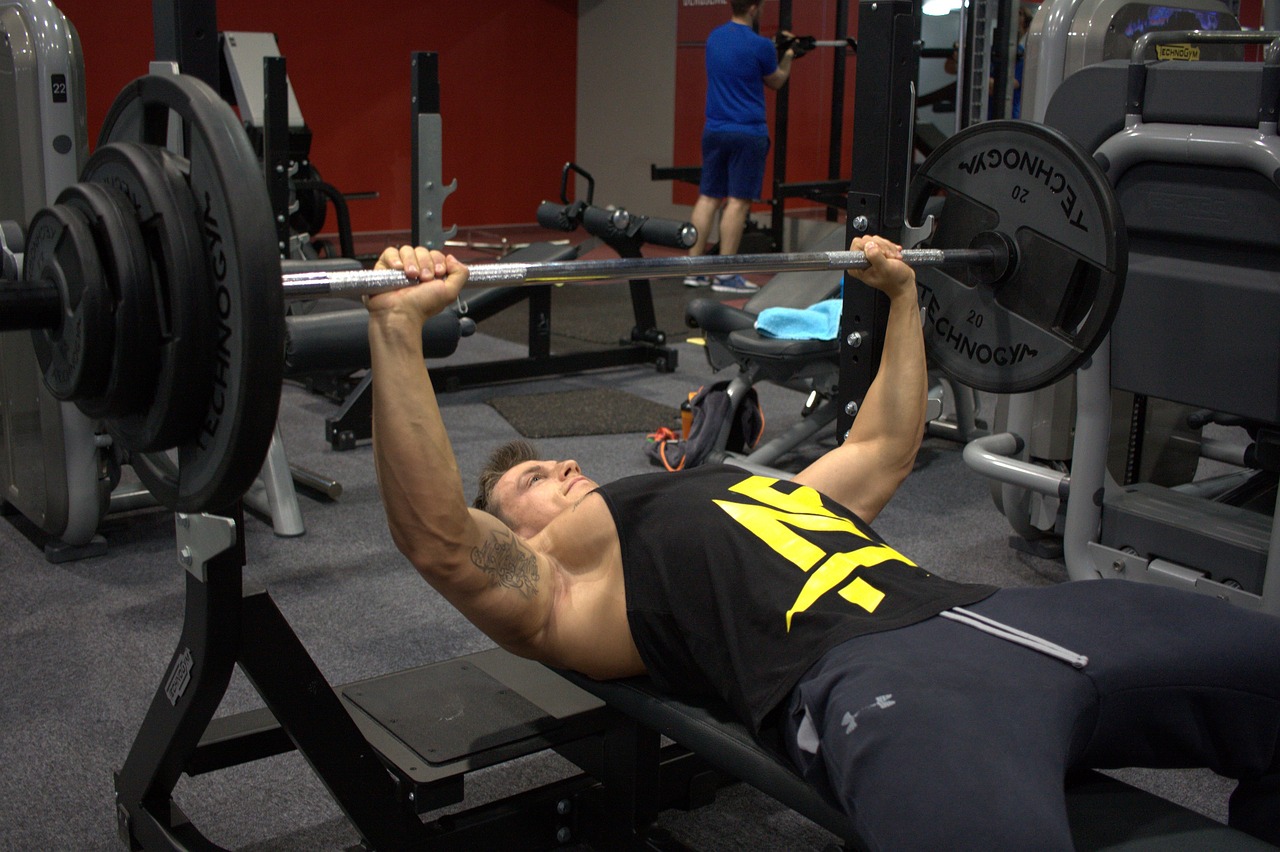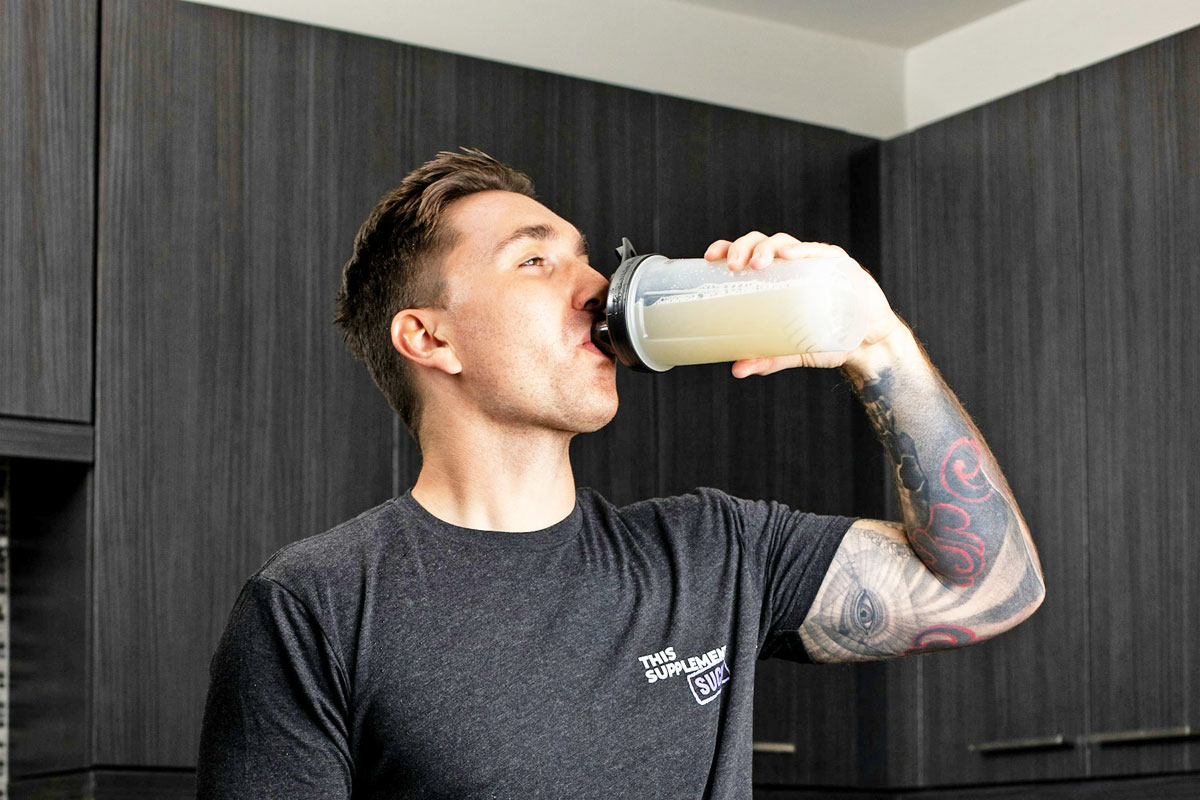Mastering Weight Training: Your Complete Guide to Strength, Progress, and Recovery
Weight training is one of the most effective ways to build strength, enhance physical fitness, and sculpt your body. Whether you are a complete beginner, a casual fitness enthusiast, or an aspiring bodybuilder, understanding the fundamentals of weight training is crucial to achieving your goals. This guide aims to provide a comprehensive overview of starting, progressing, and optimizing your weight training journey, while addressing common mistakes and practical strategies for success.
Starting Out: The Basics of Weight Training
If you are new to the gym or returning after a long break, it’s essential to start with a well-rounded and manageable routine. A full-body workout performed 3-4 times a week is an excellent starting point. This type of workout targets all major muscle groups and allows you to develop proper form while building a strong foundation.
Begin with compound movements, which engage multiple muscle groups at once. These include exercises like squats, deadlifts, bench presses, pull-ups, rows, and shoulder presses. Using moderate weights—roughly 70% of your one-rep max (1RM)—perform 3 sets of 10 repetitions for each exercise. Ensure the weight is challenging but manageable, allowing you to complete the sets with good form.
The Importance of Form and Progression
Good form is non-negotiable in weight training. Poor technique not only limits your progress but also increases the risk of injury. Start with light weights to master the mechanics of each movement before gradually increasing the load. Progression is key to strength gains, but it must be approached cautiously. Small, consistent increments in weight or volume over time are more effective than large, abrupt increases.
Rest is equally important for progression. A full-body routine allows for at least one rest day between sessions, giving your muscles the time they need to recover and grow. As you advance, you may consider splitting your workouts into upper and lower body sessions or targeting specific muscle groups on different days.
The Role of Nutrition in Weight Training
Your diet is the cornerstone of your success in the gym. Without proper nutrition, even the most well-designed workout routine will fall short. Weight training creates microtears in your muscle fibers, and your body needs protein to repair and rebuild these fibers stronger than before. Aim to consume a complete protein source, such as chicken, fish, eggs, or plant-based alternatives, with every meal.
Frequent, balanced meals—5-8 small meals per day—can help regulate your energy levels and optimize muscle repair. Include complex carbohydrates for sustained energy, healthy fats for hormone regulation, and a variety of vegetables for essential vitamins and minerals. While it’s okay to indulge occasionally, adherence to a structured eating plan is vital for achieving your fitness goals.
Common Mistakes and How to Avoid Them
Many individuals make mistakes that hinder their progress in the gym. One common error is neglecting nutrition. Remember, if you are trying to build muscle mass, you need a calorie surplus. Conversely, if you aim to lose fat while maintaining muscle, focus on a calorie deficit combined with adequate protein intake.
Another mistake is falling into ruts—repeating the same routine without variation. Your body adapts to consistent stress, so periodically changing your set/rep scheme, exercises, or workout intensity is crucial. Overtraining is also a common pitfall. Limit your workout sessions to under an hour, maintain proper rest days, and avoid consecutive heavy lifting days to prevent burnout and injury.
Tracking Progress for Long-Term Success
Tracking your progress is essential for evaluating the effectiveness of your routine. Record your sets, reps, and weights for each exercise. Regularly weigh yourself and take body measurements to monitor changes. Using tools like calipers to measure body fat or taking progress photos can provide a more comprehensive view of your development.
Tracking your diet is equally important. Use apps or journals to log your calorie intake and macronutrient distribution. This information allows you to make informed adjustments to your training and nutrition as needed.
Rest and Recovery: The Unsung Heroes
Muscle growth doesn’t occur during your workout; it happens during recovery. Ensure you get 7-9 hours of sleep per night, as this is when your body repairs and rebuilds muscle tissue. Incorporate active recovery days with light activities like walking or yoga to enhance blood flow and reduce muscle soreness. Proper hydration and post-workout nutrition, including protein and carbohydrates, are also crucial for recovery.
Building a Sustainable Routine
Weight training is not a sprint; it’s a marathon. Consistency is the most important factor in achieving long-term success. Set realistic goals and break them into smaller milestones to stay motivated. Find a training style you enjoy, whether it’s traditional weightlifting, circuit training, or functional fitness. The key is to make fitness a regular part of your lifestyle rather than a temporary endeavor.
Weight training is a powerful tool for improving physical and mental health, but it requires a thoughtful approach. By starting with a solid foundation, prioritizing nutrition, avoiding common pitfalls, and focusing on recovery, you can maximize your results and enjoy a lifetime of fitness. Remember, the journey is just as important as the destination. Embrace the process, celebrate your progress, and stay committed to becoming the best version of yourself.













